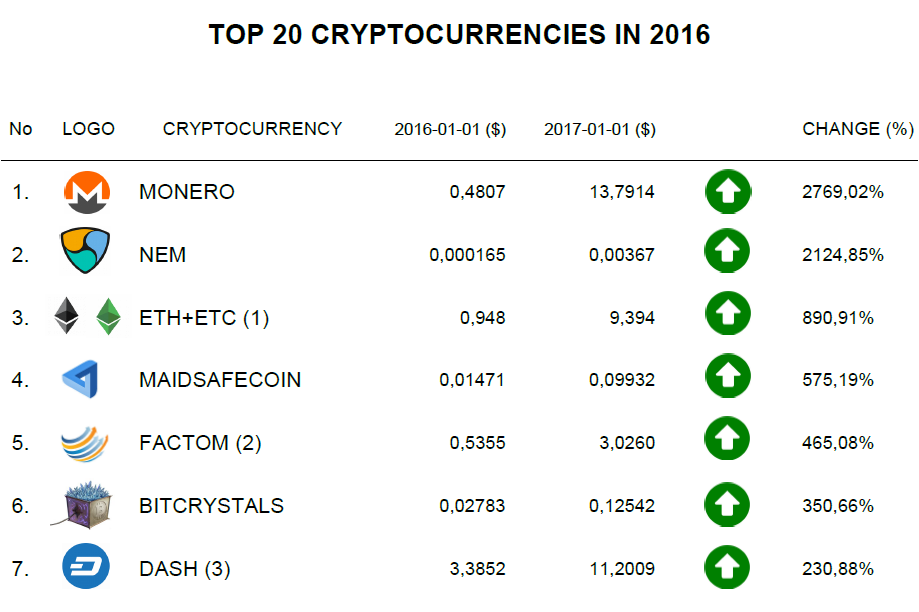Contents
For example, let us consider a positive statement, “The unemployment rate prevailing in the economy currently is 8%.” We know that there are measures to test whether this statement is true or not. Together with positive statements, normative statements help policymakers and leaders to reach opinion-based solutions to prevailing economic issues. Hence, both positive and normative economics play a vital role in the functioning of an economy. Normative economics analysis has as its main goal the improvement of ‘social welfare’ through the allocation of limited resources. In creating and generating new ideas from many viewpoints, normative economics may be valuable.

Normative economics aims to determine what the economy “should be” or “ought to be” to maximize economic equality. The term normative refers to something based on what is generally accepted as the acceptable or typical method of performing a given task. Media is one commonplace that incorporates normative economics in its operations.
Then, from a humanistic perspective, decentralization and private property are powerful attractions of capitalism, regardless of the other economic properties that capitalism might possess. Similarly, the mainstream public sector theory became closely tied to market capitalism in the West because it is also rooted in humanism and takes the principle of consumer sovereignty as a fundamental value judgment. Positive economics takes off from an economic point of view, and explains effects or how something affects an economy through supply and demand, production factors, prices, and income considerations. Normative economic statements generally have keywords such as “should” and “ought.” However, it is not necessary that all normative economic statements will have such words or that all the statements with these words are normative. Normative economics is the type of economics that examines the way an economy should work under ideal circumstances. Normative economics is that part or perspective of economics which gives value judgement or normative judgments about the outcome of the economy or what the goals of public policy ought to be.
Normative economics predicates itself upon maximizing both an agents social and political utility, recognized as “aggregating interests”. Show bioBrianna has a masters of education in educational leadership, a DBA business management, and a BS in animal science. GovtVacancy.Net updates latest government vacancies to help the new aspirants to know about the new government jobs and upcoming government jobs. We update the daily latest government vacancies on our portal for all government job aspirants of all the states of India. Govtvacancy.net is not affiliated with any government website.
Normative economics – What is it? characteristics, examples, and more
According to him, basic statements do not depend on any knowledge of facts or theories, whereas non-basic statements depend on the facts or knowledge of facts. The normative economic declaration entails a value judgment, since it assumes that the level of disposable income of people must be raised. It is not proven with factual values or with any cause and effect that has been legitimized.
The analysis of economic problems and the formulation of potential solutions are the primary focuses of this field. Assertions that can neither be supported by evidence nor contradicted by evidence are known as normative statements. In the end, they are just people’s beliefs about how the economy and markets should function. A judgment such as this one represents the speaker’s point of view; no one can “prove” that the remark is true or false because nonquantifiable adjectives such as “important” cannot be objectively measured.

For one, we do not know if China is manipulating its currency and then we do not know if it would be a good idea or not for China to stop. Advertising spending is one of those ambiguous areas of supply and demand theory where we don’t really know exactly what will happ… This post was updated in September 2018 with new information and examples. This post was updated in August 2018 to include new information and examples.
Would you please add welfare economics in the comparison chart we don’t have to search elsewhere for it. Normative economics is a perspective of “what ought to be” rather than what actually is, dealing heavily in value judgments and theoretical scenarios. One of the most famous normative economists is Amartya Sen, a Nobel prize winner who devoted his career to studying development economics.
First independent governments in Mexico
With the private ownership of property, gave individuals the freedom to pursue their self-interests. From a humanistic perspective, then, decentralization and private property are powerful attractions of capitalism, whatever other economic properties capitalism might possess. Likewise, the mainstream public sector theory became closely tied to market capitalism in the West because it, too, is rooted in humanism and takes the principle of consumer sovereignty as a fundamental value judgment. The same can be said of any branch of Western economic theory—consumer economics, industrial organization, international trade, and so forth.
Yarilet Perez is an experienced multimedia journalist and fact-checker with a Master of Science in Journalism. She has worked in multiple cities covering breaking news, politics, education, and more. Her expertise is in personal finance and investing, and real estate.
The price of milk should be $6 a gallon to give dairy farmers a higher living standard and to save the family farm.This is a normative statement, because it reflects value judgments. This specific statement makes the judgment that farmers deserve a higher living standard and that family farms ought to be saved. If normative economics doesn’t talk about facts, why should it exist as a division of economics? The vast majority of economists today concentrate on positive economic analysis – they use ‘what is’ or ‘what was/has been’ occurring in the economy as the basis for any forecasts.
Positive economics tells people what they should do, whereas normative economics tells them what they should want or need. Positive Economics is concerned with objective statements about what has occurred or may occur. It is limited to claims that can be supported by proof, such as How does higher unemployment impact inflation, or how will a fuel tax affect gasoline consumption?
Positive Analysis
This subdivision of economics relies on objective data analysis and relevant facts and figures. Therefore, it tries to establish a cause-and-effect relationship or behavioral relationship that can help determine as well as test the advancement of economic theories. Import taxes should be increased on commodities from countries with poor human rights records, as another example of normative examples of normative economics economics. This statement is normative because it contains the keyword should. A normative economics example is rigors wealth tax policies should be implemented to reduce unequal wealth distribution. To summarize, a normative statement is a statement of how someone thinks the world should be and typically includes words such as “such”, “best”, “worst”, or something similar.
- This post goes over a scenario where both the demand and supply curves will shift.
- A normative economic statement refers to an approach used to focus on evaluating values.
- This means that cost-effectiveness analyses focusing on health benefits and healthcare sector costs only may not be relevant to the most important decision makers and stakeholders.
If we club both of these statements, it makes sense why we are combining the fact and the judgment on the fact. If we stop here, it would be incomplete because, based on this, we can’t make a concrete policy. We need a statement under normative economics to support the statement under positive economics. In the above scenario, you would see that there are two parts. The first part is all about “what is.” And then the next part is all about “what can be.” The first part is based on positive economics because there’s no judgment or opinions in the first part. However, the second part comprises a suggestions-based statement based on the value and understanding of fellow economists and their judgments.
A Glimpse at Normative Economics
Behavioral economics has also been accused of being normative in the sense that cognitive psychology is used to “push” people to make desirable decisions through their architecture of choice. Here, the study of economics is more objective and focuses more on facts. Moreover, the statements are precise, descriptive, and measurable. Such reports can be quantified with respect to noticeable evidence and historical references. Normative economics tend to concentrate on the value of economic fairness.
It is used to judge whether the economic events are desirable or not. Any economic agenda that promotes some sort of social or policy agenda could be said to be normative. For instance, arguing for a higher minimum wage for the benefit of workers would be an example of a normative argument, in that this argument is based on subjective values. However, an assertion that higher minimum wages would lead to a higher GDP would be considered positive economics. However, there are reasons to believe that Robbins was a thoroughgoing welfarist who cared for nothing other than individual utilities. Welfarism is one element of the welfare-economic framework that dominates normative analysis in economics.
Conclusions of positive economics can be tested and verified because they are fact-based while the recommendations offered by normative economics can’t be tested because they have a mix of opinion. Positive economics means more focus on data, facts, and figures rather than personal perspectives. The statements here are to the point and supported by relevant information. On the other hand, normative economics focuses more https://1investing.in/ on personal perspectives and opinions rather than facts and figures. Here the statements are based on an individual’s point of view, and ample data is always available to support such claims. So as you can see from the above list of examples of normative statements they all include opinions or beliefs and focus on stressing examples of what “ought to be” rather than fact based descriptions of what currently exists.
The rest of this post will go through several examples to help you identify trends in normative statements and how to differentiate them from positive statements as you go through your course. In reality, however, economists often play both of these roles, so it’s important to be able to distinguish fact from opinion, i.e. positive from normative. To disagree with a normative statement, one can either dispute the validity of the positive information used to reach the value judgment or can argue the merits of the normative conclusion itself. This becomes a more murky type of debate since there is no objective right and wrong when it comes to normative statements. Normative Economics suggests how the economy ought to operate. It is also known as policy economics, as it takes into account individual opinions and preferences.

